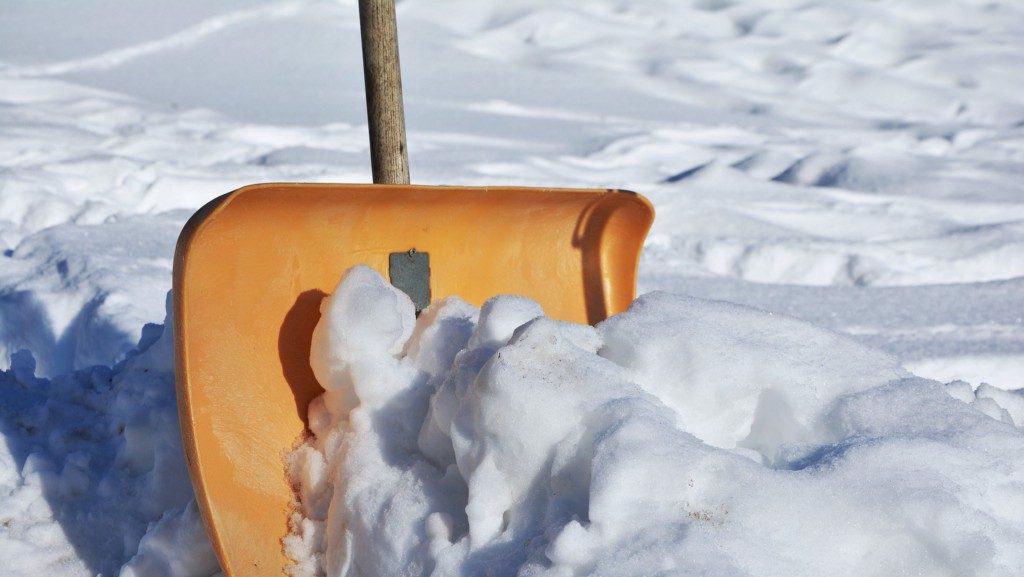
Stay informed about how you can stay safe and warm this season

Stephen Finn
The Sun
This year, winter weather is proving to be a roll of the dice. It’s not uncommon for residents to receive a Code Blue weather alert for dangerously low temperatures on a Monday and by Friday of the same week, step outside to a comfortable 60 degrees.
Given the unpredictability of these weather patterns, it pays to be prepared for anything. There is still plenty of time in the season for heavy storms, and there are steps residents can take to make sure they aren’t left in the cold.
The Centers for Disease Control and Prevention website, cdc.gov, is a resource for information on how to best prepare for a range of emergency situations. Natural disasters and extreme weather are topics the organization covers thoroughly.
Although it may seem obvious, the CDC suggests above all staying on top of weather forecasts to allow yourself the maximum amount of time available to prepare for a possible storm.
If a storm is forecast, make a checklist you can run through to make sure your home is snow ready. The CDC suggests you insulate water lines that run along exterior walls to lessen the chances of your water supply freezing over. Check all windows and doors where drafts are possible and caulk or weather-strip where necessary. Storm windows or plastic window covers can also help to keep the cold out and heat in.
According to the CDC if you are over 65 years old you should place an easy-to-read thermometer in an indoor location where you will see it regularly. Older adults’ ability to feel a change in temperature decreases with age so it is important to be aware as they are more susceptible to health problems caused by cold.
Chief Richard Dreby with the Palmyra Fire Department is an authority when it comes to staying safe in the winter. Home heating apparatuses may be a godsend when temperatures drop, but it is important to keep in mind increased fire and carbon monoxide risks that can come with them.
“People should be responsible enough to know not to use extension cords on heating devices and make sure any and all portable heating units are UL (a global independent safety science company) approved,” said Dreby.
If residents have a fireplace in their home they plan to use during the winter, Dreby suggests making sure they are cleaned, along with the chimney, so they are not getting any residual fires due to buildup.
According to Dreby, the majority of calls they receive during the winter are related to CO (carbon monoxide) detector activations. Heating devices can increase risk of carbon monoxide in the home so it is important residents have proper CO detectors installed in homes.
Residents who have a fire hydrant on the street outside their homes can help the fire department in case of an emergency by making sure the area around the hydrant is cleared of snow.
“We try to put a message out if we know we’re going to get a heavy storm for people to take the hydrants near their homes and shovel those areas and clear around the hydrants so we can get to them and be able to hook our hoses up in case there is a dwelling fire,” said Dreby.
According to Borough Administrator John Gural, residents who live near a street corner should also make sure nearby storm drains are clear of snow or obstructions to prevent water buildup in the streets.
In the case of a major weather emergency, Gural says Palmyra’s community center would open its doors to the public. The borough installed an emergency generator at the center capable of providing power in case of widespread outages.
Gural advises residents to sign up for emergency notification systems like Swift911 and Nixle, which are the easiest way for the borough to get information out to the public. Links to these resources are available on the public safety page of the borough website, boroughofpalmyra.com.









